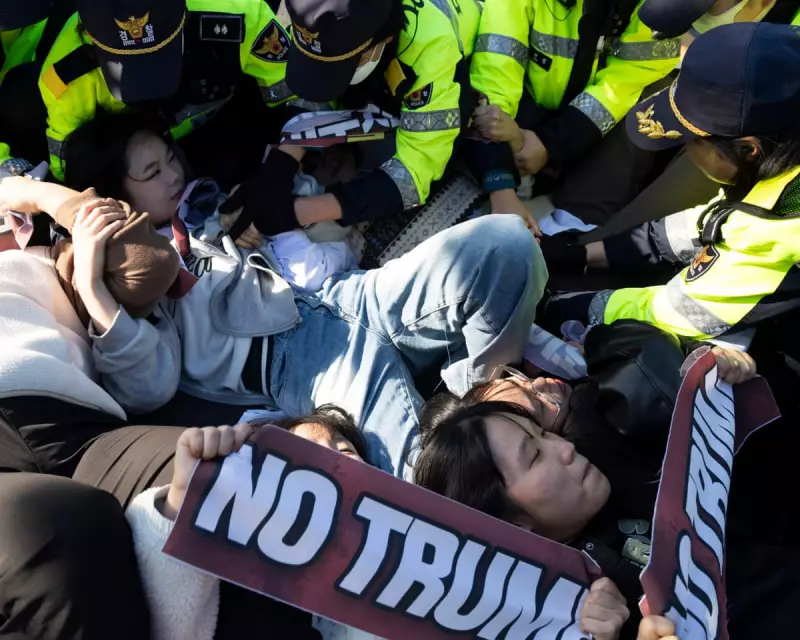
In a move that has sent shockwaves through international diplomatic circles, former US President Donald Trump has publicly suggested that South Korea should develop its own nuclear weapons capability, dramatically breaking with decades of American non-proliferation policy.
Diplomatic Earthquake in Asia
The controversial remarks came during Trump's current visit to Seoul, where he met with conservative lawmakers and business leaders. His comments represent a stark departure from the longstanding US position of providing a "nuclear umbrella" for its Asian allies while actively discouraging them from pursuing independent nuclear programmes.
"If you're not going to be able to stop North Korea, maybe you do your own thing," Trump told reporters, referring to the growing nuclear threat from Pyongyang. "You might have to have your own nuclear weapons."
Immediate Backlash and Regional Concerns
The suggestion has triggered immediate concern across the region and beyond:
- Chinese officials have warned of "disastrous consequences" for regional stability
- Japanese leaders expressed alarm about potential arms race dynamics
- European diplomats described the comments as "deeply irresponsible"
- Security experts fear it could undermine the global non-proliferation treaty
White House Scrambles to Contain Fallout
The current Biden administration has moved quickly to distance itself from Trump's remarks, with officials reaffirming America's commitment to non-proliferation. "The United States' position on this matter has not changed," stated a White House spokesperson. "We remain committed to the denuclearisation of the Korean peninsula."
However, the incident highlights the ongoing challenge for current administrations when former presidents, particularly one who may seek office again, make foreign policy statements that contradict established government positions.
Broader Implications for Global Security
Analysts suggest this episode could have far-reaching consequences:
- It may encourage other US allies to reconsider their non-nuclear status
- It potentially weakens America's negotiating position with Iran and other nations
- It could accelerate arms proliferation in already volatile regions
- It raises questions about the consistency of US foreign policy
The timing is particularly sensitive given ongoing tensions between China and Taiwan, and North Korea's continued weapons testing. Regional powers are now watching carefully to see how this unexpected intervention affects the delicate security balance in Northeast Asia.





